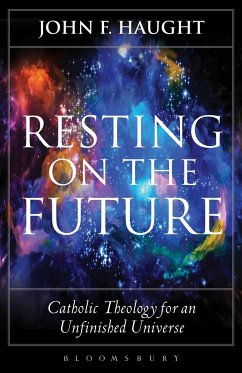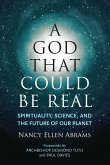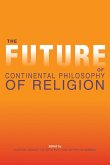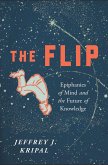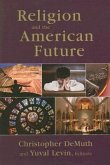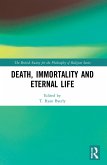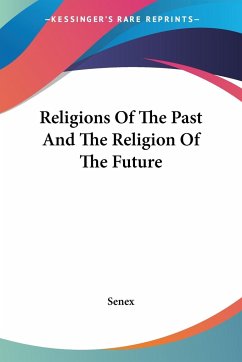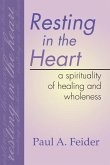Science has now demonstrated without a doubt that we live in an "unfinished universe." Discoveries in geology, biology, cosmology and other fields of scientific inquiry have shown that the cosmos has a narrative character and that the story is far from over. The sense of a universe that is still coming into being provides a fertile new framework for thinking about the relationship of faith to science. John F. Haught argues that if we take seriously the fact that the universe is a drama still unfolding, we can think new thoughts about God, and indeed about all the perennial themes of theology. Science's recent realization that the universe is dramatic, however, has yet to penetrate deeply into either spiritual or intellectual life. Most Christian thought and spirituality still presuppose an essentially static universe while influential academic and intellectual culture remains stuck in a stagnant materialist naturalism and cosmic pessimism. Resting on the Future asks about the meaning of an unfinished universe from the point of view of both Christian theology and contemporary intellectual life. Each chapter covers a distinct aspect of what Haught takes to be an essential transition to a new age in Catholic life and thought. Biology, cosmology, and other fields of science now provide the setting for a wholesome transformation of Catholic thought from a still predominantly pre-scientific to a more hopeful and scientifically informed vision of God, humanity and the natural world.

